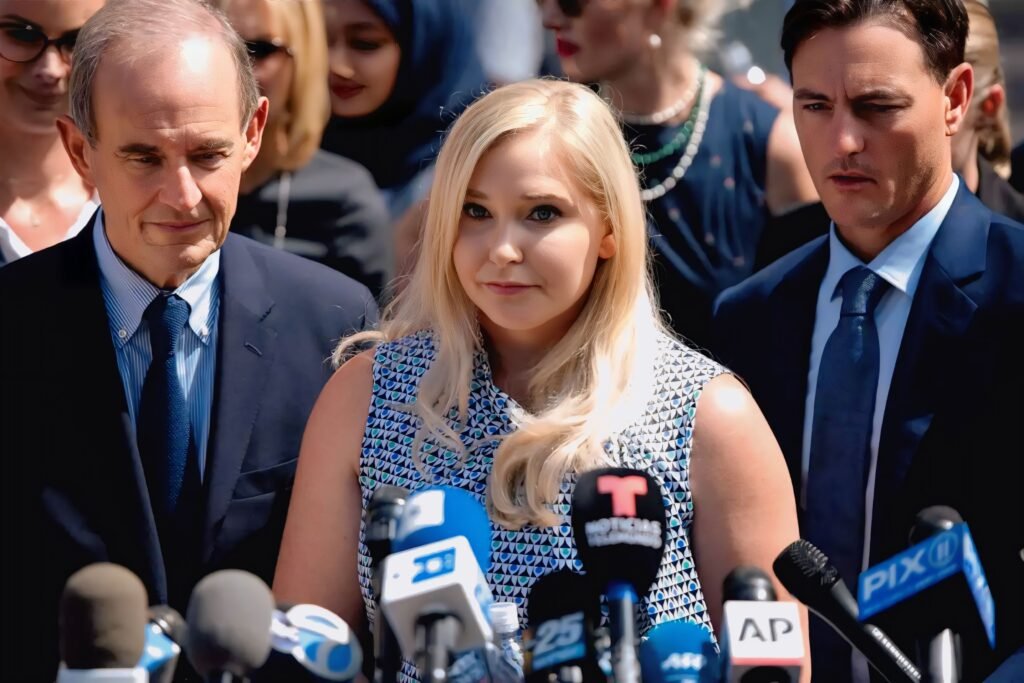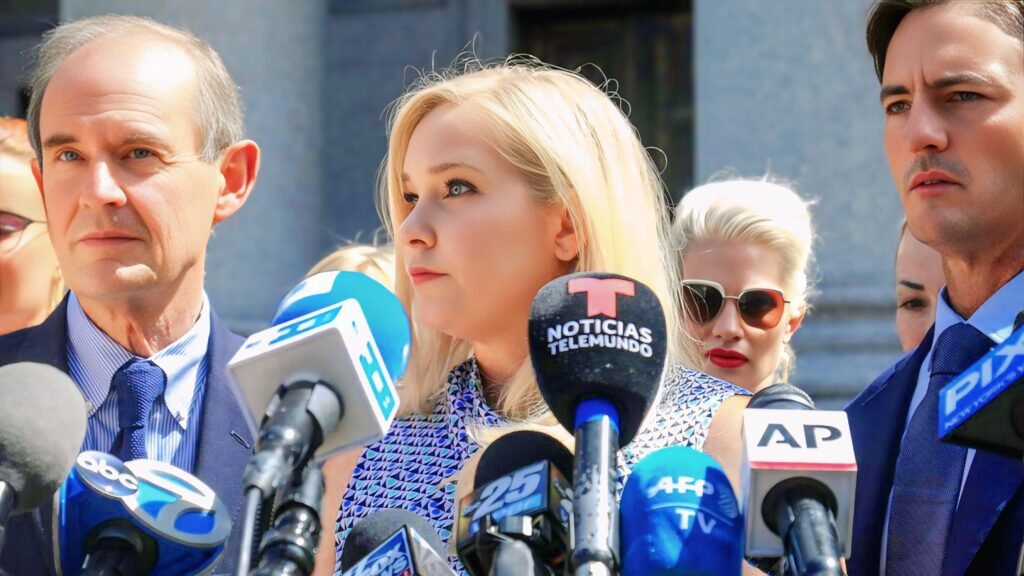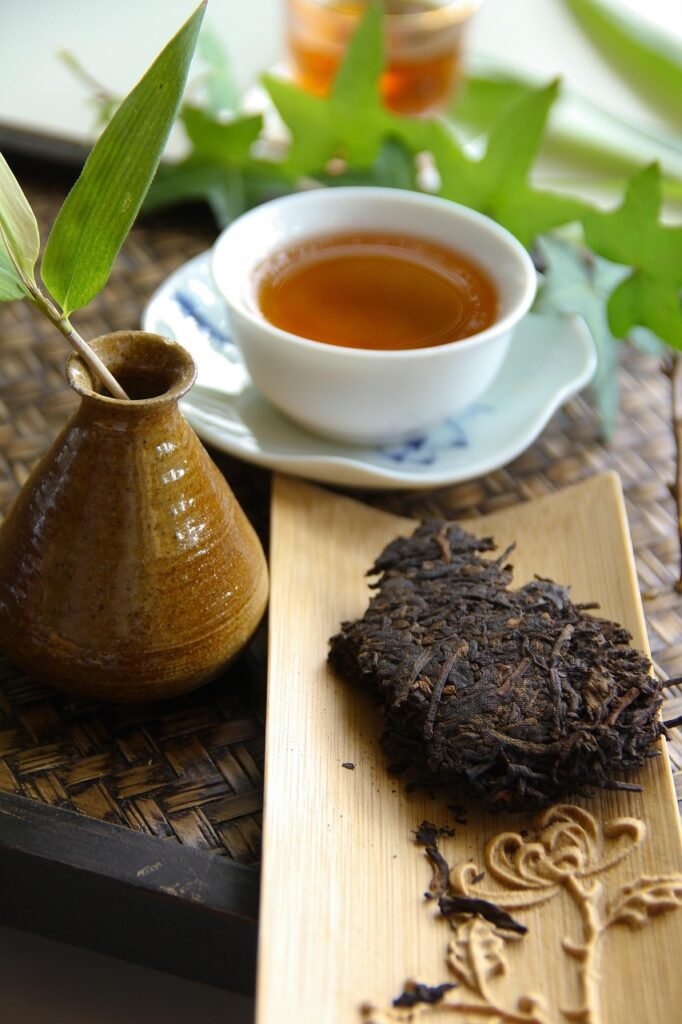
Virginia Giuffre: A Survivor’s Journey from Exploitation to Global Advocacy
Introduction
Virginia Giuffre (née Roberts) has emerged as one of the most widely recognized survivor-advocates in modern history. Known for her powerful allegations against Jeffrey Epstein and his global network of abuse, her name has become synonymous with courage, truth-telling, and the fight for justice in the face of powerful interests. Beyond the headlines and court documents, Giuffre’s personal transformation from a trafficked teenager to a leading voice for victims’ rights underscores her determination to never be silenced again.
This article traces the full arc of Virginia Giuffre’s life, from her early years and exploitation to her role in criminal investigations, high-profile lawsuits, and her lasting impact on global conversations about sex trafficking, justice, and survivor empowerment.
Early Life and Background
Virginia Louise Roberts was born in Florida, USA, in 1983. Raised in a working-class household, she experienced instability and hardship during her formative years. Her father worked as a maintenance worker at the Mar-a-Lago Club, a private estate owned by Donald Trump, and her mother struggled to keep the household together. Virginia’s early life was marked by vulnerability—emotional, social, and economic.
As a teenager, Virginia dropped out of school and experienced homelessness. These circumstances made her particularly susceptible to grooming and manipulation. It was in this context of personal crisis that she first encountered Ghislaine Maxwell, the woman who would later become infamous as Jeffrey Epstein’s closest confidante and alleged recruiter.
Recruitment and Abuse by Jeffrey Epstein and Ghislaine Maxwell
In 1999, at the age of 16, Virginia was working as a changing room attendant at the Mar-a-Lago Club. It was there that Ghislaine Maxwell approached her with what seemed like a benign offer: money in exchange for giving massages to a wealthy man. That man was Jeffrey Epstein, a billionaire financier with deep connections to global elites.
What followed was a systematic pattern of grooming, manipulation, and coercion. According to Virginia’s later court statements, Epstein and Maxwell subjected her to regular sexual abuse and also trafficked her to other powerful men, both in the United States and abroad. She was flown to Epstein’s various properties, including his private island in the U.S. Virgin Islands, his New York mansion, and residences in Paris and New Mexico.
Giuffre has consistently alleged that she was forced to have sex with high-profile individuals under Epstein’s direction—individuals she said she never would have consented to be with of her own free will. One of the most prominent names she accused was Prince Andrew, Duke of York.
Escape and Early Legal Efforts
In 2002, Giuffre was able to escape Epstein’s control while on a trip to Thailand. She married an Australian man named Robert Giuffre, and the couple settled in Australia, where they raised a family. Though physically distanced from Epstein’s network, the emotional trauma followed her.
In the years that followed, she began slowly working with authorities and journalists to tell her story. In 2011, she provided early interviews to journalists investigating Epstein. In 2015, her name became public when she filed a court affidavit in Florida, describing in detail her experiences with Epstein, Maxwell, and others.
Legal Battles and Public Testimony
Giuffre’s public and legal journey included several key moments:
1. The Florida Lawsuit (2015)
Giuffre filed an affidavit as part of a defamation lawsuit against Ghislaine Maxwell, who had denied allegations of trafficking. Giuffre’s testimony was specific, direct, and shocking. She named names, described abuse, and recounted instances in which she was flown around the world for the benefit of Epstein and his associates.
2. Prince Andrew Allegations
In one of the most high-profile aspects of her case, Giuffre accused Prince Andrew, a member of the British royal family, of having sex with her on three occasions while she was a minor under U.S. law. She said she was instructed by Epstein and Maxwell to “do whatever he wanted.”
Prince Andrew repeatedly denied the allegations, but public pressure intensified after a widely criticized BBC interview in 2019. In 2021, Giuffre filed a civil lawsuit in New York federal court against him. In early 2022, the case was settled out of court, with Prince Andrew reportedly paying a multi-million-dollar sum without admitting guilt. The resolution was seen by many as a vindication of Giuffre’s claims.
3. Ghislaine Maxwell’s Trial
In 2021, Ghislaine Maxwell was tried and convicted in federal court for multiple charges related to sex trafficking, including conspiracy and transporting minors for illegal sex acts. Although Giuffre did not testify in that criminal case, her allegations were central to the narrative and evidence presented by prosecutors.
Advocacy and the Founding of “Victims Refuse Silence”
Virginia Giuffre has transformed her painful experiences into powerful advocacy. She established the nonprofit organization “Victims Refuse Silence”, which provides support, resources, and legal aid for survivors of sex trafficking and abuse. The organization also aims to raise public awareness and push for policy reforms around child protection and victim services.
Giuffre has spoken at international forums, participated in documentary films, and written extensively about her experiences. She often highlights the systemic failures that allowed Epstein’s network to operate for so long—including law enforcement inaction, legal loopholes, and the complicity of institutions.
In the Media and Public Perception
Virginia Giuffre’s credibility has been scrutinized and challenged by those she has accused and their legal teams, but she has also received strong support from many corners of society. Investigative journalists, other survivors, and legal advocates have often spoken in her defense.
She was featured prominently in the Netflix documentary series “Jeffrey Epstein: Filthy Rich” (2020), which brought her voice to a global audience. Her on-camera interviews were powerful, revealing her strength and clarity in recounting traumatic events.
While some in the media tried to portray her as an opportunist, many others recognized her bravery in coming forward—especially considering the enormous power and resources behind those she accused.
Legacy and Cultural Impact
Virginia Giuffre’s case has had several far-reaching consequences:
- A shift in public attitudes toward survivors of sexual abuse, encouraging greater belief in and support for those coming forward.
- Legal pressure on formerly untouchable figures, including politicians, academics, and royalty.
- Changes in institutional policies at places that had previously associated with Epstein, including elite universities and charities.
- A global conversation about trafficking, grooming, and consent, which is still evolving.
Current Life and Personal Privacy
Now in her early 40s, Virginia Giuffre has expressed a desire for privacy and peace. She lives with her husband and children in Australia and continues her advocacy work quietly. Though she has reduced her public appearances in recent years, she remains a powerful symbol of justice for survivors everywhere.
Conclusion: A Survivor, Not a Victim
Virginia Giuffre’s story is not just about the crimes of Jeffrey Epstein. It is about the resilience of a woman who refused to stay silent, who faced off against powerful institutions and individuals, and who used her voice to expose uncomfortable truths.
She continues to inspire survivors of trafficking and abuse to speak out, seek justice, and believe in the possibility of healing. Her work ensures that stories like hers will not be forgotten, and that the systems which failed her will be held accountable.



